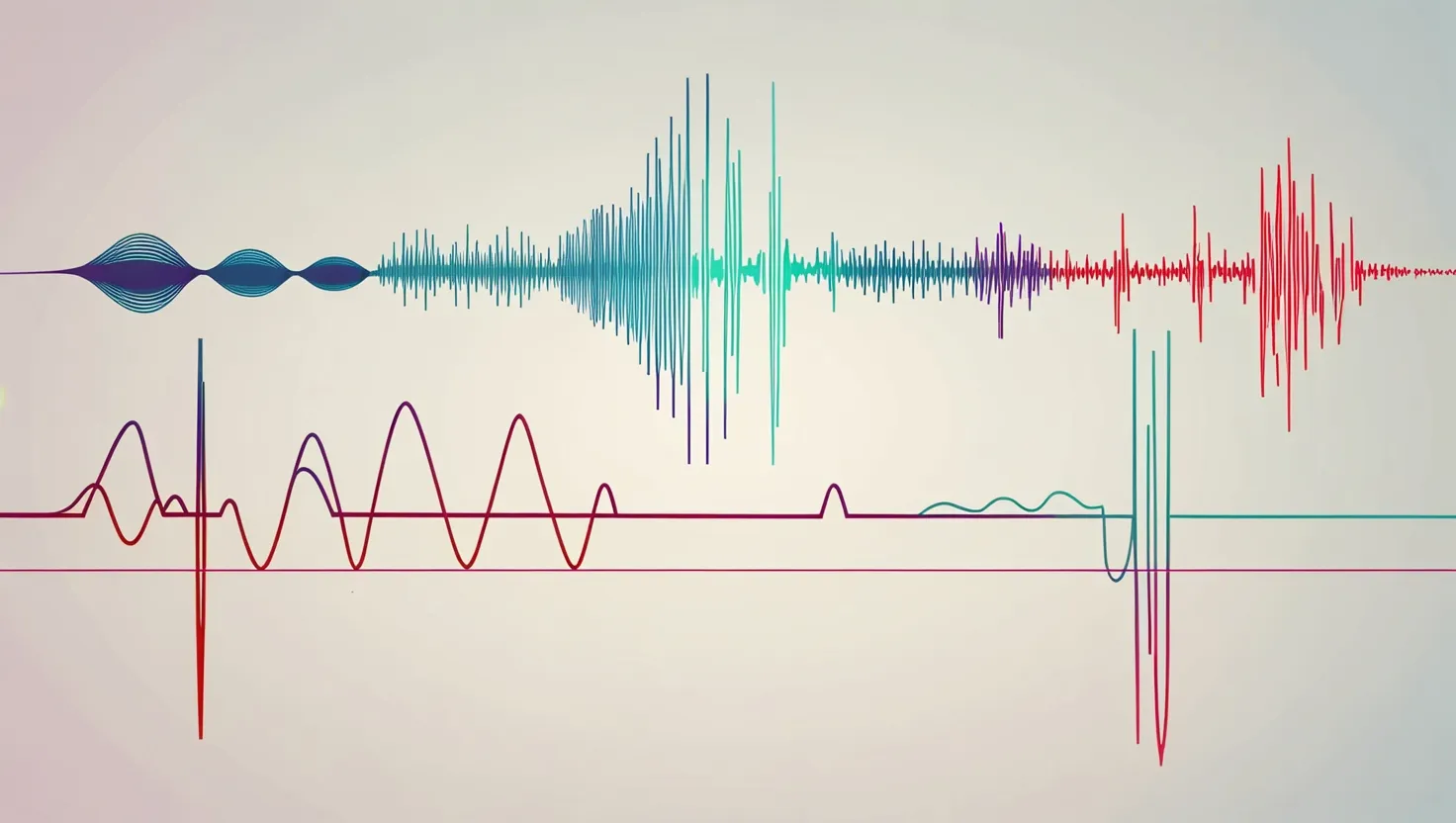In the vast expanse of our universe, there are frequencies that resonate through every aspect of our lives, some of which have become the focal points of intriguing conspiracy theories. These mysterious frequencies have captivated the imagination of many, sparking debates and speculations that often blur the lines between science and fiction.
Let’s start with the Taos Hum, a low-frequency noise that has been reported by people all over the world. It’s a sound that is often described as a distant diesel engine or a low-flying aircraft, but its origin remains a mystery. This hum has been the subject of numerous investigations, but no definitive source has been identified. Theories range from secret military experiments to alien communications, each adding to the enigma surrounding this persistent noise.
“As we know, there are known knowns. There are things we know that we know. There are known unknowns. That is to say, there are things that we know we don’t know. But there are also unknown unknowns. There are things we don’t know we don’t know,” said Donald Rumsfeld. This quote aptly describes the Taos Hum – a known unknown that continues to puzzle us.
Another frequency that has garnered significant attention is the Schumann Resonance, often referred to as the Earth’s “heartbeat.” This natural phenomenon occurs at a frequency of about 7.83 Hz and is generated by the interaction between the Earth’s magnetic field and the ionosphere. While it is a well-documented scientific fact, it has also been linked to various conspiracy theories, particularly those involving its alleged effects on human consciousness. Some believe that this frequency can influence our mood, cognitive functions, and even our spiritual well-being.
But what if this resonance is more than just a natural occurrence? What if it holds the key to understanding our connection with the Earth and the universe? “The Earth has music for those who listen,” said George Santayana. Perhaps the Schumann Resonance is the Earth’s way of communicating with us, a frequency that resonates deep within our souls.
The 432 Hz conspiracy is another fascinating example. This frequency is claimed to be the “natural” tuning for music, as opposed to the standard 440 Hz used in most modern music. Proponents argue that 432 Hz is more harmonious and aligned with the natural world, while 440 Hz is seen as a frequency imposed by governments to control our minds. This theory has sparked a heated debate among musicians and music enthusiasts, with some swearing by the supposed spiritual and emotional benefits of 432 Hz.
However, is this just a matter of personal preference, or is there something more profound at play? “Music is the divine way to tell beautiful, poetic things to the heart,” said Pablo Casals. Could the choice of frequency in music be more than just aesthetics, but a way to connect with something deeper within us?
Extremely Low Frequency (ELF) waves have also been at the center of conspiracy theories, particularly those involving mind control. These frequencies, which range from 1 to 100 Hz, are alleged to be used by governments and other entities to manipulate people’s thoughts and behaviors. While the scientific community has largely debunked these claims, the idea persists in the realm of conspiracy theories.
But what if ELF waves do have an impact on our minds, albeit not in the way conspiracy theorists suggest? Research has shown that these frequencies can affect our brain activity and even our mood. “The mind is everything; what you think, you become,” said Buddha. Could ELF waves be a tool for self-discovery and mental well-being, rather than a tool for control?
The 11 Hz “God frequency” is another intriguing example. This frequency is purported to induce spiritual awakening and altered states of consciousness. It is often associated with meditation and spiritual practices, with practitioners claiming that it helps them connect with a higher power or achieve a deeper state of enlightenment.
What if this frequency is indeed a gateway to a higher level of consciousness? “The only true wisdom is in knowing you know nothing,” said Socrates. Perhaps the 11 Hz frequency is a way to tap into this wisdom, to explore the depths of our own consciousness and the universe.
Infrasound, frequencies below 20 Hz, is another area of interest. These subliminal frequencies are often associated with fear and paranormal experiences. People have reported feeling a sense of dread or unease when exposed to infrasound, even though they cannot consciously hear it. This has led to theories about the use of infrasound in psychological warfare or as a tool for inducing fear.
But what if infrasound is simply a natural part of our environment, one that we are not fully attuned to? “The universe is not only stranger than we think, it is stranger than we can think,” said Albert Einstein. Perhaps infrasound is just one of the many mysteries of the universe that we are still trying to understand.
The 528 Hz “miracle tone” is another frequency that has gained significant attention. This frequency is supposed to have healing properties, particularly in the realm of DNA repair. Proponents claim that listening to music tuned to 528 Hz can heal damaged DNA and even cure diseases.
While the scientific evidence for these claims is sparse, the idea remains compelling. What if sound does have the power to heal? “The healing power of music is not a myth,” said Oliver Sacks. Perhaps the 528 Hz frequency is just one example of how sound can be used for therapeutic purposes.
Finally, there is the Ghost Frequency, a 19 Hz vibration that is linked to ghostly apparitions. This frequency is often associated with paranormal activity and is said to be the reason why people experience ghost sightings in certain locations.
But what if this frequency is not about ghosts at all? What if it is simply a natural phenomenon that our brains interpret in a particular way? “The brain is a wonderful organ; it starts working the moment you get up in the morning and does not stop until you get into the office,” said Robert Frost. Perhaps the Ghost Frequency is just another example of how our brains can interpret the world around us in unique and fascinating ways.
In conclusion, these mysterious frequencies challenge our understanding of sound, electromagnetic radiation, and human perception. They inspire us to think beyond the ordinary and to explore the unknown. As we delve deeper into these frequencies, we may uncover more than just conspiracy theories – we may uncover new ways to connect with ourselves, with each other, and with the universe.
So, the next time you hear a strange hum or feel an inexplicable vibration, remember that there might be more to it than meets the eye. As the great physicist Richard Feynman once said, “I think I can safely say that nobody understands quantum mechanics.” Perhaps these frequencies are just the tip of the iceberg, a glimpse into a world that is far more complex and fascinating than we can currently comprehend.






